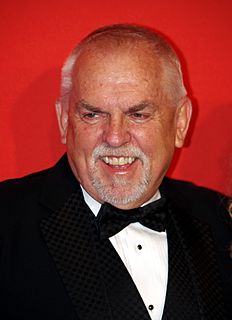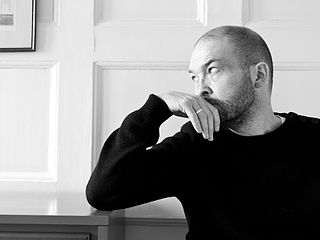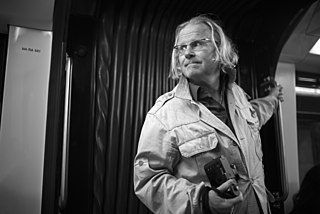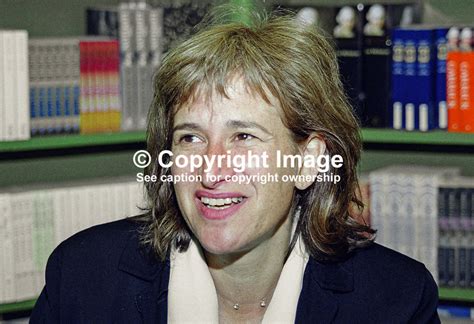A Quote by Christopher Hitchens
We know how to think. We know how to laugh. We know we're going to die, which gives us a lot to think about, and we have a need for, what I would call, "the transcendent" or "the numinous" or even "the ecstatic" that comes out in love and music, poetry, and landscape. I wouldn't trust anyone who didn't respond to things of that sort.
Related Quotes
The art is about opening, it is not about prejudice, it is not about contempt prior to investigation. It's about endlessly trying to keep from having contempt by admitting that you don't know. Even if you know a lot compared to some other people, usually, I think, the honest experience would be: "God, how little I know! And how much I need to have compassion for myself and for other people."
How are you going to protect me?? do you even know what it means to protect someone?? you think giving a crying person icecream is a way of comforting or protecting them?!?! you don't even know anything! you don't know how to love someone, you don't know how to show love, and you don't know what it means to protect someone. you hurt people without realizing it
I mean, what's thematic? How to put it? Going back to, like, 1980, when I started writing poetry. Language itself became an issue. I'd even think about font as an aspect of text, you know, how something looks on a page. A lot of this is the product of a very solitary existence, it's like, language, I mean, you know. A lot of time spent alone in the creation of all of this stuff.
All over the US, there is a need to teach young people to, really, get them out in the backyard, building treehouses, fixing bicycles, because you become a better, more well-rounded, Renaissance personality if you actually know how to do things with your hands. If you can fix the screen door or replace your old garbage disposal, even change the tire on a car, a lot of people don't even know how to do that. We're literally running out of people who know how to do those things, the essential things like plumbing, carpentry, stone masonry, we're literally running out of them.
I personally feel that there's a lot of music journalism that is dominated by genre, because you need a language in which to write, but actually the things that strike people about music, are very hard to write about, and its sonic connections, it's a sense of harmony that I think we all have even if we don't know how to express it - it's something musical, it's synapse connections in our brain.
We hear a lot about the notion of objectivity, and I'm not sure I know what that is. I know what fairness is. I know what honesty is. And I know what the heart and emotions are. I think those are the things I particularly want to embrace. I would not want anyone to take away my right and my ability to communicate my feelings about the things that I see.
He gives me a kiss that barely touches my lips – it means nothing or everything. After he’s gone, I think, Happy birthday to me. Jack says, ‘That was the guy?’ ‘That was him.’ Jake shakes his head. ‘What?’ ‘He’s not for you,’ he says. I say, ‘How do you know?’ but what I mean is, How do you know? ‘He’s like Ashley Wilkes,’ he says. ‘Any one of these guys is Rhett-ier than he is.’ Again, I ask my benignly inflected, ‘How do you know?’ ‘How do I know?’ he says, tackling me into a bear hug. ‘How do I know? I know, that’s how I know.
Writing a book about [Buckminster Fuller] in the sense of deciding how much to - how much biographically to gloss over and how much I can leave out is relatively easy as it is because the true believers already know everything. They know a lot of things that are not true and they know a lot of things that I thought were (and seems there's very good evidence not to believe) and therefore, my starting point was I think to tell his myth because that's what grabbed me.
Today the thing I find myself thinking about the most is our landscape...I think it's something a lot of us take for granted; for many of us Australia is just there but how many of us have really seen it, have seen Kakadu or Kings Canyon? I know I hope to at some stage, to see Uluru at sunset and the ancient art in the Abrakurrie caves. I think it's our landscape which defines our identity and it's what I'm most grateful for.



































